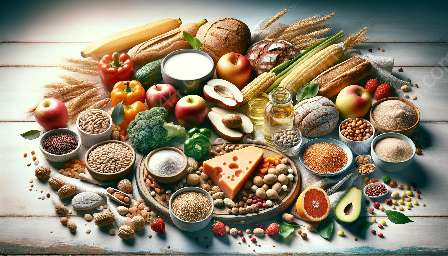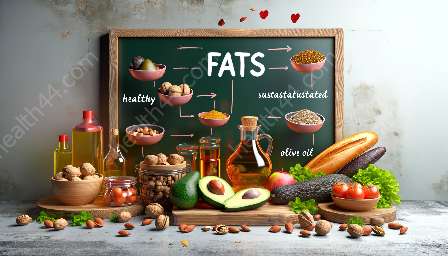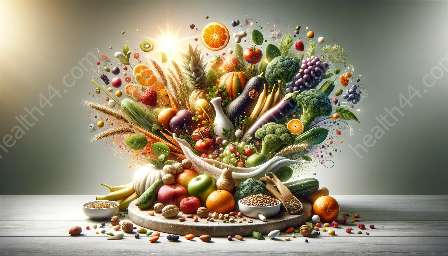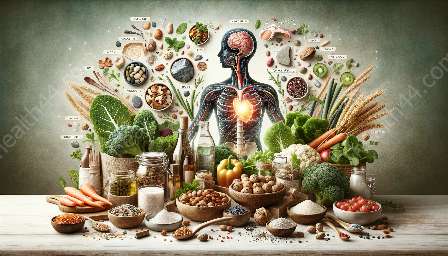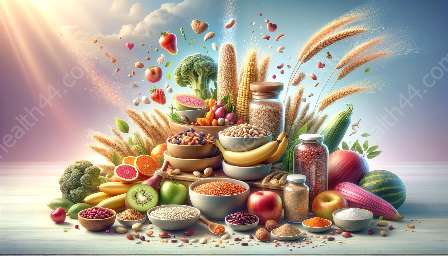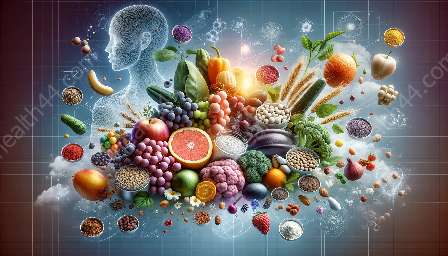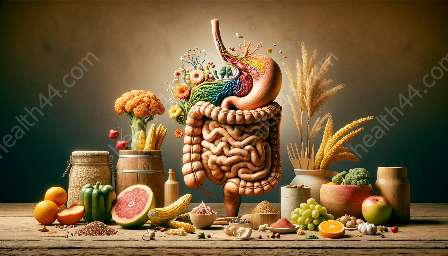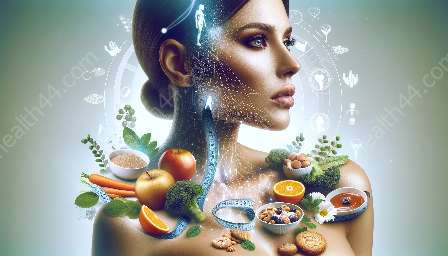Veganism is a lifestyle and dietary choice that has gained immense popularity in recent years. It involves abstaining from the use of animal products in food, clothing, and other aspects of life. While the decision to become vegan is often motivated by ethical, environmental, and health-related concerns, it is important to understand the impact of this dietary choice on nutrition and overall well-being. In this comprehensive guide, we will delve into the various aspects of veganism, discussing its compatibility with nutrition and health, and emphasizing its potential to contribute positively to a sustainable and compassionate world.
Understanding Veganism
Veganism is the practice of abstaining from the use of animal products, particularly in diet, and an associated philosophy that rejects the commodity status of animals. While vegetarians do not consume animal flesh, vegans go a step further by avoiding all animal-derived products, including dairy, eggs, and even honey. The reasons for choosing a vegan lifestyle can be diverse, ranging from ethical concerns about animal exploitation and cruelty to environmental sustainability and health benefits.
Veganism and Nutrition
Despite misconceptions, a well-planned vegan diet can provide all the nutrients that our bodies need. Key components of a healthy vegan diet include fruits, vegetables, whole grains, nuts, seeds, and legumes. These plant-based foods are rich in essential nutrients such as fiber, vitamins, minerals, and antioxidants. It is important for vegans to pay attention to their intake of nutrients that are commonly found in animal products, such as protein, iron, calcium, vitamin B12, and omega-3 fatty acids.
Protein is a crucial macronutrient that is often associated with animal products, but it can also be obtained from plant sources such as lentils, tofu, tempeh, and quinoa. Iron, an essential mineral for the body, can be found in abundance in foods like spinach, lentils, and fortified cereals. Calcium, important for strong bones and teeth, can be obtained from plant sources like broccoli, kale, and fortified plant milks. While vitamin B12 is primarily found in animal products, vegans can get this vital nutrient from fortified foods or supplements. Omega-3 fatty acids, essential for heart health, can be derived from flaxseeds, chia seeds, walnuts, and algae-based supplements.
It is crucial for vegans to plan their meals carefully to ensure that they are consuming an adequate amount of essential nutrients. Consulting a registered dietitian or nutritionist can be beneficial in creating a well-balanced vegan diet that meets individual nutritional needs.
Veganism and Health
The health benefits of a well-planned vegan diet are well-documented. Research suggests that a plant-based diet can reduce the risk of chronic diseases such as heart disease, hypertension, type 2 diabetes, and certain types of cancer. The high fiber content of plant-based foods promotes digestive health and may lower the risk of developing conditions such as diverticulosis and constipation.
Furthermore, the absence of cholesterol in vegan diets can contribute to lower blood cholesterol levels, reducing the risk of cardiovascular diseases. The consumption of a wide variety of fruits and vegetables provides essential vitamins and antioxidants that support overall health and well-being. Many individuals report increased energy levels, improved digestion, and even weight management upon transitioning to a vegan diet.
Sustainability and Compassion
Veganism not only offers health benefits but also aligns with principles of sustainability and compassion. The environmental impact of animal agriculture, including deforestation, greenhouse gas emissions, and water pollution, is a major concern for the planet. By opting for a vegan lifestyle, individuals can significantly reduce their carbon footprint and contribute to environmental conservation. Additionally, the compassionate choice to protect animal welfare and minimize animal suffering is a core value embraced by many vegans.
Practical Tips and Guidance
Transitioning to a vegan lifestyle can seem challenging at first, but with the right information and support, it can be a smooth and rewarding process. Here are some practical tips and guidance for those interested in embracing veganism:
- Educate Yourself: Take the time to learn about vegan nutrition, explore plant-based recipes, and understand the benefits of veganism for health and the environment.
- Gradual Transition: Start by gradually incorporating more plant-based foods into your diet and experimenting with new recipes. This can help make the transition to a vegan lifestyle more manageable and enjoyable.
- Explore Vegan Alternatives: Discover the wide range of vegan alternatives available for dairy products, meat substitutes, and other animal-derived items. Many of these products are delicious, nutritious, and environmentally friendly.
- Connect with the Community: Engage with local vegan groups or online communities, and seek support and advice from experienced vegans. Building a network of like-minded individuals can provide encouragement and inspiration.
- Consult a Professional: If you have specific health concerns or dietary requirements, consider consulting a registered dietitian or healthcare professional to ensure that your vegan diet meets your nutritional needs.
Delicious Vegan Recipes
Experimenting with flavorful and nutritious vegan recipes can make the transition to veganism an exciting culinary journey. Here are some creative and delicious vegan recipes to inspire your plant-based cooking:
- Chickpea and Vegetable Curry: A hearty and aromatic curry rich in plant-based protein and vibrant vegetables.
- Quinoa and Black Bean Salad: A refreshing and protein-packed salad featuring quinoa, black beans, fresh herbs, and a zesty dressing.
- Roasted Vegetable and Hummus Wrap: A satisfying wrap filled with roasted veggies, creamy hummus, and flavorful herbs.
- Coconut Chia Pudding: A creamy and nourishing pudding made with coconut milk, chia seeds, and a touch of natural sweetener.
- Vegan Chocolate Avocado Mousse: A decadent and guilt-free dessert that combines the richness of chocolate with the goodness of avocado.
Joining the Vegan Movement
Embracing veganism is more than just a dietary choice; it is a commitment to a sustainable, compassionate, and healthy way of living. By exploring the diverse world of plant-based foods, understanding the nutritional aspects of veganism, and acknowledging its positive impact on health and the environment, individuals can make informed decisions about their dietary and lifestyle choices. Whether motivated by ethical concerns, environmental awareness, or personal health goals, adopting a vegan lifestyle offers numerous benefits for individuals and the world at large. It is a powerful and meaningful way to contribute to a healthier planet and a brighter future for generations to come.








